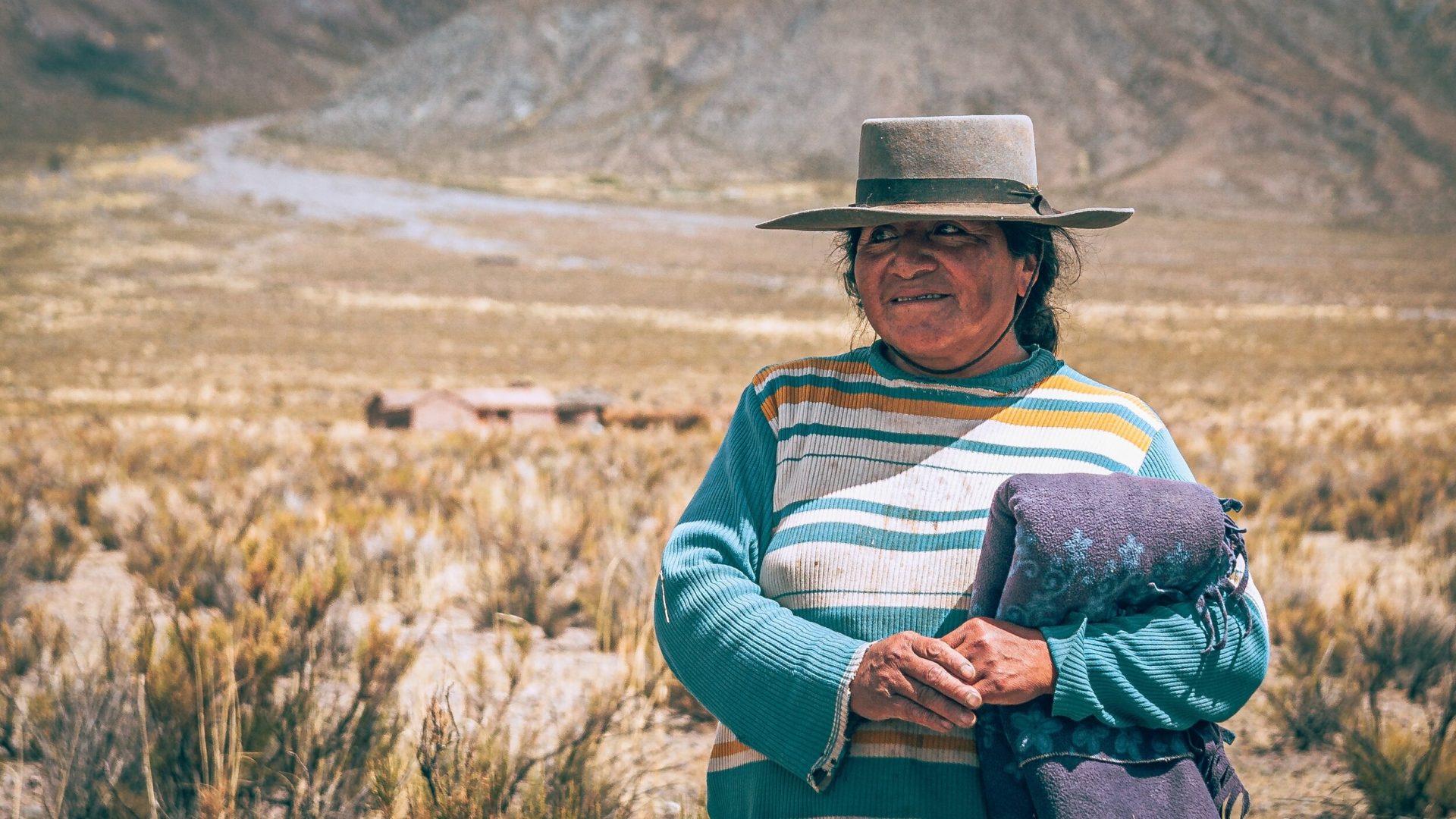Older people have been left out of climate policy
The world has made significant strides in climate negotiations, biodiversity preservation, and disaster risk reduction since the first major international climate convention was held in Rio de Janeiro, Brazil in 1992.
Yet, even after 28 COP meetings on climate and 16 on biological diversity, one glaring gap remains: the near-total absence of older people in these discussions.
The world’s ageing population has doubled since 1990, and by 2050, 1 in 5 people (approximately 2.1 billion) will be over the age of 60. Older people are both vulnerable to climate risks and uniquely equipped with knowledge and skills that can contribute to climate resilience. Despite this, their contributions and needs are largely overlooked in climate policy, resulting in a lack of inclusion and missed opportunities for intergenerational collaboration.
Raising the flag: HelpAge’s call for climate justice
For 2024, I have been accredited with UNFCCC observer status on behalf of HelpAge, marking the first time that the United Nations Framework Convention on Climate Change (UNFCCC) has granted us the status of a non-governmental observer organisation. This status will allow me to participate in UNFCCC conferences and events, including COP, and engage with the global climate negotiation process.
With observer status, I hope that we will be better positioned to influence climate policies to ensure they start to embrace older people’s expertise and address their vulnerabilities.
This reinforces our previous efforts to advocate for climate justice. In 2023, HelpAge published its Climate Justice in an Ageing World report ahead of COP28, highlighting the critical link between ageing populations and climate change. It made a case for targeted climate adaptations that involve and benefit older populations.
This built on the vision laid out in HelpAge’s 2022 “Grey and Green Manifesto“ advocating for the inclusion of older people and intergenerational collaboration as the key to achieving global climate resilience.
Lastly, HelpAge published a report on designing Adaptive and Shock-Responsive Social Protection (ASRSP) for older people in May 2024, which highlights how factors like income, health, and disability shape older people’s resilience in times of crisis.
This report is more than a theoretical analysis; it offers practical case studies and recommendations for ensuring that social protection systems consider the needs of older people.

